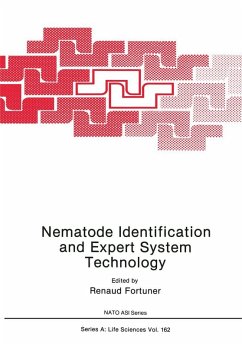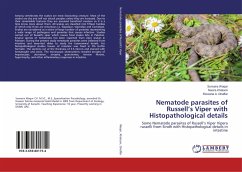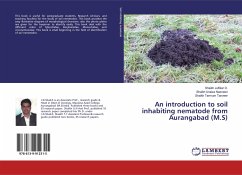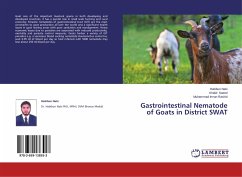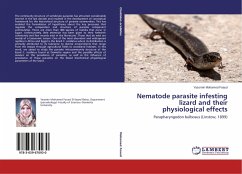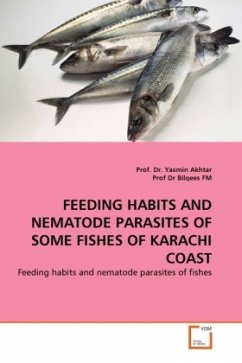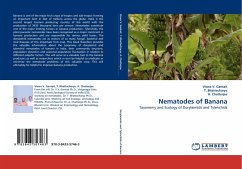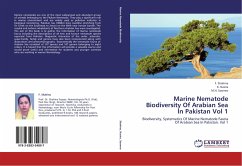The need to identify and name organisms is fundamental to any area of biological science, basic or applied. In order to study or conduct research on an organism, or to convey information on this organism to others, we must be able to attribute to it a consistent label. Attribution of an incorrect label may have dire consequences if dangerous plant parasites are wrongly identified as members of an innocuous genus. Traditional aids to nematode identification (dichotomous keys) use systematic criteria not always well adapted to practical identification. Their reliance on dichotomous principlesdoes not allow for intra-taxon variability or for missing characters. They are difficult to update and they cannot keep pace with rapidly changing classifications. As experts in everyday life, we recognize a horse or a dog wi thout referring to the taxonomic descriptions of the genera Equus or Canis and their respective species. Problems in identification arise when we are not experts in the recognition of a particular organism, or group of organisms. Then, frequently in considerable frustration, we reflect on the usefulness of having the advice of an expert in this group. Tradi tional identification aids are useful tools for the expert identifiers, and for teaching. Their use is often difficult for general practitioners in nematology, and they may lead to incorrect identification, even at the genus level.
Hinweis: Dieser Artikel kann nur an eine deutsche Lieferadresse ausgeliefert werden.
Hinweis: Dieser Artikel kann nur an eine deutsche Lieferadresse ausgeliefert werden.

